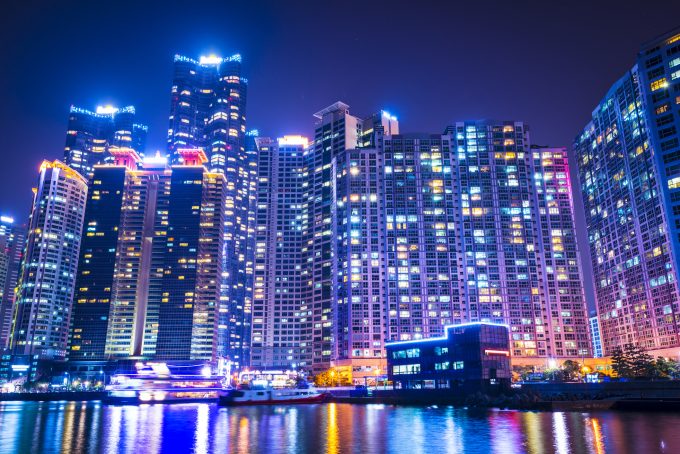12-vessel deal sets up Bangladesh Shipping for relaunch into box sector
Bangladesh Shipping Corp(BSC) is set to buy 12 containerships, ranging from 2,500 to 3,000 teu, ...

All the talk at the World Ocean Forum (WOF) this week in South Korea is of its two major companies that are both struggling.
As the event starts in Busan, the country is striving to repair the damage from the collapse of its biggest shipping line (and the severe ...
Keep our news independent, by supporting The Loadstar
Rapid transpacific capacity build-up continues – can USWC ports handle it?
Red Sea crisis has driven most new capacity into extended Asia-Europe trades
Crew forced to abandon ship in latest fire on vessel carrying EVs
Carriers on the hunt for open tonnage again as transpacific rates soar
The Loadstar Podcast | Transport Logistic and Air Cargo Europe 2025
'Now or never' for Kuehne and DHL GF to hit back at DSV
Uncertainty drives Yang Ming fleet boost as focus switches to Asia-Europe trades
Carrier price hikes hold, driving spot rates higher as space gets scarcer
Asia-West Africa ULCV deployment opens new markets for carriers
Project cargo: oversized and heavy, posing risks outside the norm for ports
CMA CGM eyeing multi-billion euro investment programme in Algeria
News in Brief Podcast | Week 22 | Trump’s tariff hurdle, ocean schedule reliability, and rate rise
Air cargo players still wary of long-term block space deals – 'a risk on both sides'
Longer-term planning needed as noise out of Washington distorts the market
Geely splashes out to meet growing demand by chartering its own car-carrier

Comment on this article
Andy Lane
October 11, 2016 at 2:18 pmIf on your journey to the office each morning you have a high expectation that come-what-may someone somewhere will bail you out – it is also highly improbable that organisation has a true performance culture. Subsidies breed complacency, as well as unfair competition.
The staff on the front-line and in middle management can only ever be as good as the organisation’s business model and strategy. The buck must stop in the boardroom, and they need to be fully accountable for bad business debts.